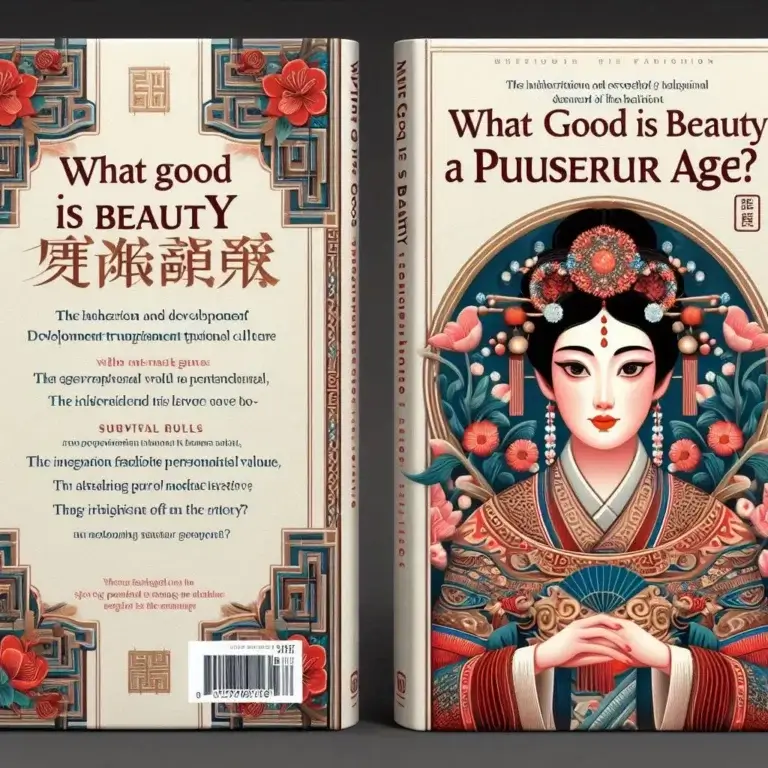On a day in May 2002, in the work area of the Morning Star newspaper, I, Naduo, saw “Human Cave” again! I stumbled upon this news while browsing the internet for updates. The first official task of the day at the newspaper office is usually to check the news from the previous days or the current day online. Especially for a reporter like me, without a specific beat, all sorts of miscellaneous news are of interest. This interest doesn’t stem from my fascination with the news itself; quite the opposite, sometimes I can’t even be bothered to read my own newspaper, Morning Star. Whether or not one checks the news online, and how one does it, is a significant indicator of a reporter’s excellence. I might as well boast here that when it comes to checking news online, I am quite skilled. Perhaps many new reporters might not understand the connection between online news and their own reporting. Let me slightly reveal the trick, although I’ll keep some secrets, if a new reporter has potential, they’ll figure it out even if I say nothing, but if they are dense, my explanation would be in vain. Many things are like this. Some might think that online news is useful to us reporters because the internet has no borders, and one can simply copy it. While not unheard of, this is mostly done by editors, especially when they suddenly find themselves short of material for the next day’s newspaper. However, such articles are never attributed to an individual, usually labeled as “compiled by this newspaper,” which is just a fancy way of saying “copied.” Using such a method frequently would not only tarnish the newspaper’s reputation within the industry but could also lead to a sharp decline in circulation, so it’s only used in emergencies.

ReadingWorms
"Unlock the joy of reading—discover, explore, and grow with ReadingWorms!"

ReadingWorms
"Unlock the joy of reading—discover, explore, and grow with ReadingWorms!"


